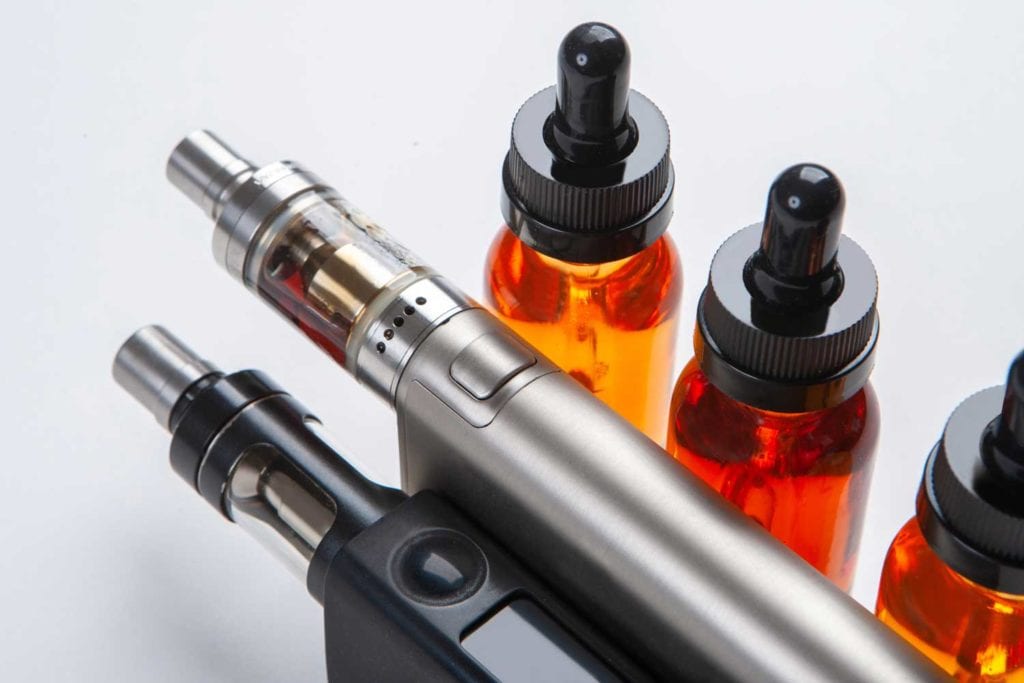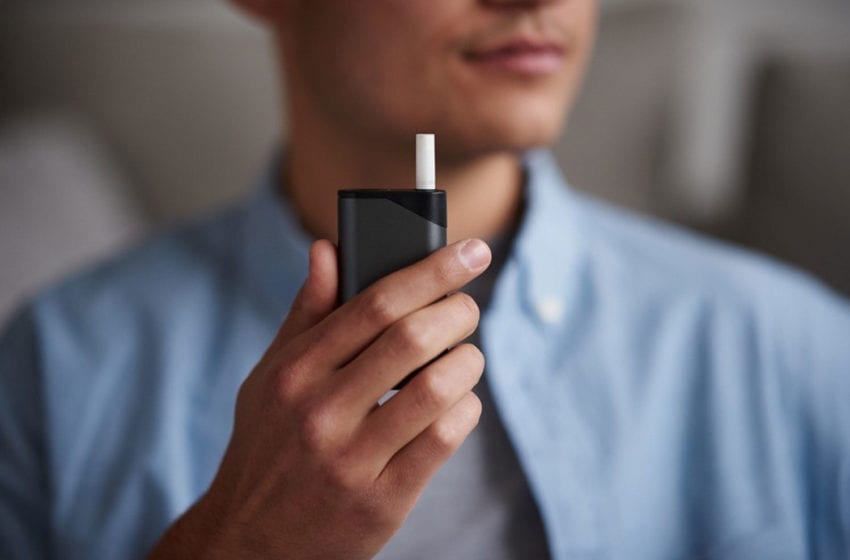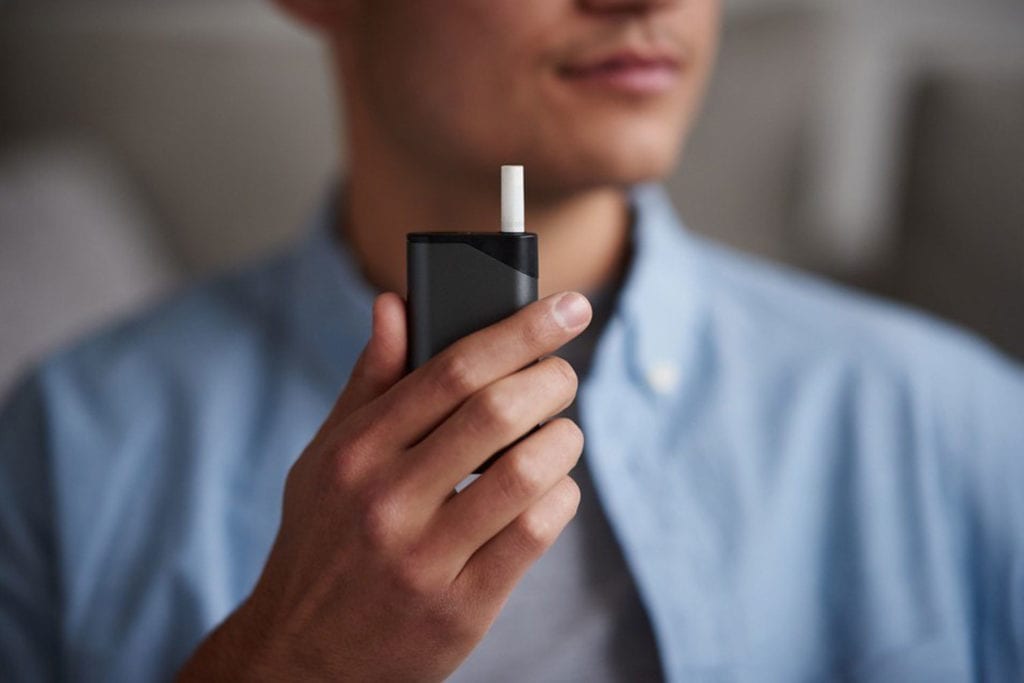
A group of investors is suing RLX Technology, claiming the Chinese vaping company overstated its financials and misrepresented potential regulatory risks when it filed the paperwork for its initial public offering in the U.S., reports The Wall Street Journal.
Submitted June 9 by shareholder Alex Garnett in the U.S. District Court for the Southern District of New York, the lawsuit alleges RLX’s registration statement from last October omitted the impact of ongoing efforts by Chinese regulators to tighten sales of electronic cigarettes.
Under rules established by the U.S. Securities and Exchange Commission, companies must disclose any known events or uncertainties.
Founded in 2018, Beijing-based RLX went public on the New York Stock Exchange in January. The offering raised $1.39 billion, according to data provider Dealogic. Its stock price fell sharply after Chinese regulators in March proposed treating vapor products like regular cigarettes.
The lawsuit alleges investors purchased RLX shares at artificially inflated prices in part because the company omitted and misrepresented information in the registration statement. As the stock price dropped, RLX investors lost hundreds of millions of dollars, the lawsuit said.
At least two other law firms in recent weeks said they are investigating on behalf of investors to determine whether RLX failed to disclose relevant information to investors. Rosen Law Firm and Bronstein, Gewirtz & Grossman, among others, are reportedly seeking RLX investors who want to join a class-action suit.
RLX on June 2 reported revenue of CNY2.4 billion ($366.1 million) for the quarter ended March 31, up from CNY368.6 million in the prior year period. The company booked a net loss of CNY267 million compared with a profit of CNY12.1 million during the prior year quarter.
The company’s financial statements in recent months have raised eyebrows among accounting experts, who have questioned RLX’s unusually high ratio of cash and securities to total assets, among other issues.
On June 1, Tobacco Reporter published an article explaining how tobacco regulations could change China’s vapor business.
























